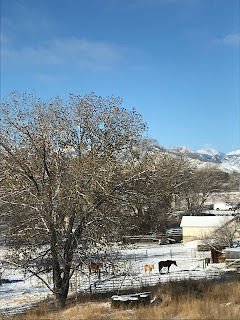Signs you may be overthinking your writing:
- You write, then delete. You write, then delete.
- You can’t stop researching details.
- You’re still staring at a blank page determined to find the perfect start.
- You make no progress.
You may think overthinking isn’t an issue for you. But be honest with yourself, how many times have you written a sentence only to delete and rewrite it over and over? Hello first sentences!
The trick is being able to acknowledge what your brain is doing. If you’re not aware of how it’s operating how can you change it? And also…how do you change your brain?
For me, overthinking is the drive for perfection. It’s the inability to leave a sentence alone because it’s not conveying the exact emotion or action I’m looking for. Have you ever heard of there’s more than one way to skin a cat? Same applies here, there’s more than one way to describe a specific emotion/action/what-have-you and there is never one perfect way.
Once I realize I’m stuck, because yes, overthinking can be a type of writer’s block, I like to reset my brain. A short breathing session or yoga session, because yoga literally means to unite the body and mind. This helps me get back to alpha brain waves which is where creative thinking happens.
Think of brain waves this way, beta is when you’re actively speaking or exercising. Beta is worked up. Take a step down to alpha and you’re relaxed. You’re walking in a garden without having to concentrate or your sitting in meditation. Another step down is theta. Autopilot. That’s why you can have those ah-ha moments while you’re taking a shower or driving your car. You’re in autopilot which frees your mind up to wander and find solutions.
Next time you find yourself overthinking, maybe give resetting your brainwaves a try!













